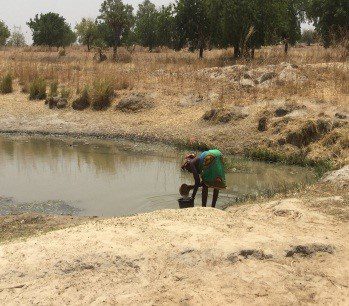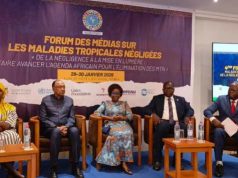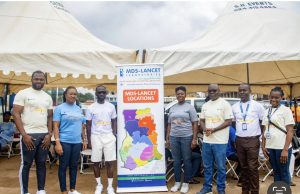Residents in the Wa West District of Ghana’s Upper West Region face persistent water scarcity, forcing them to rely on contaminated streams shared with livestock.
The crisis has endured for years, with women and children bearing the brunt as they trek long distances to collect unsafe water.
Julia Tabang, a local resident, described the hardship. “We suffered for years before our MP intervened,” she told Asaase News. Others detailed drinking from streams where animals defecate, sometimes using ash to purify the water. David Mwinetuoti from Nadiziere noted the problem persists even during rainy seasons.
Member of Parliament Peter Lanchene Toobu has commissioned three new boreholes in Siira and Branyase communities. “Seeing people share water sources with animals in this century is heartbreaking,” he said, pledging to expand access across all 230 communities in Wa West.
The water crisis compounds health risks in the region, where waterborne diseases remain prevalent. While the new boreholes mark progress, experts note Ghana still faces significant challenges in meeting SDG targets for universal water access. The situation in Wa West reflects broader disparities in rural infrastructure development, where remote communities often wait years for basic services.
As climate change intensifies dry spells in northern Ghana, sustainable water solutions become increasingly urgent. The MP’s collaboration with the new District Chief Executive could prove critical in addressing this fundamental need for Wa West’s residents.
Send your news stories to newsghana101@gmail.com
Follow News Ghana on Google News
















